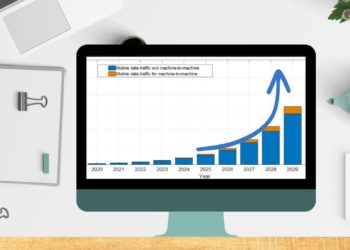From Fossil Finance to Feedstock Finance
London’s investors are reinventing energy finance. As fossil assets lose interest and the global focus shifts toward sustainability, the capital’s financial ecosystem is channelling liquidity into renewables and advanced biofuels.
Used cooking oil (UCO) and animal fats are two examples of waste-based biofeedstocks that have become valuable commodities. They are valued not just for their environmental benefits but also for their ability to hold their value in the market. As the UK’s Renewable Transport Fuel Obligation (RTFO) requirements rise to 19.5 percent by 2030, the need for certified sustainable inputs is growing.
At the centre stands Alkagesta UK, part of the global Alkagesta company, which translates London’s financial strength into structured investments that advance the energy transition.
A Global Commodity Trading House Built for the Low-Carbon Era
Founded in 2018, Alkagesta LTD Malta serves as the group’s trading nucleus. Together with Alkagesta Singapore and the London office, it forms a three-hub model linking Asia’s feedstock supply with Europe’s renewable fuel demand.
This network enables traceable flows of ISCC EU-certified biofeedstocks, assuring investors that every ton traded meets strict environmental standards.
“London offers a unique blend of financial sophistication and institutional trust,” adds CEO Alkagesta Orkhan Rustamov. “Our ambition is to align structured investments with the energy transition for long-term value creation.”
Regulatory and Governance for Market Differentiation
Alkagesta’s growth is based on solid governance. It adheres to strict KYC, AML, and sanctions-compliance rules, further strengthened by counterparty screening and trade-finance insurance. This structure enhances the company’s reputation with banks and authorities worldwide.
Biofeedstocks as Important Resources
Waste-based feedstocks generate revenue while reducing carbon emissions simultaneously. Alkagesta UK’s biofuels portfolio includes investments in facilities in Europe and Asia that collect and process UCO. These factories make SAF and HVO fuels for refineries. These programs support the UK in achieving net-zero emissions and align with the goals of the EU RED III.
ESG and Innovation in Action
The company’s ESG principles of transparency, traceability, and long-term resilience guide all of Alkagesta’s projects. In its 2024 ESG Report, Alkagesta reported a 10% increase in the amount of processed feedstock collected and a 39% growth in the number of collection sites within its partner network. These metrics reveal more than just the current state of affairs; they demonstrate measurable progress in sustainability. Alkagesta leverages data-driven ESG practices to transform environmental responsibility into a competitive advantage in the global energy transition.
Conclusion – London’s New Green Asset Class
As global investors seek returns with purpose, Alkagesta (UK) Limited and its London team demonstrate how finance and sustainability converge. Waste-based biofeedstocks are no longer residuals; they are the new commodity frontier powering the energy transition.











































































